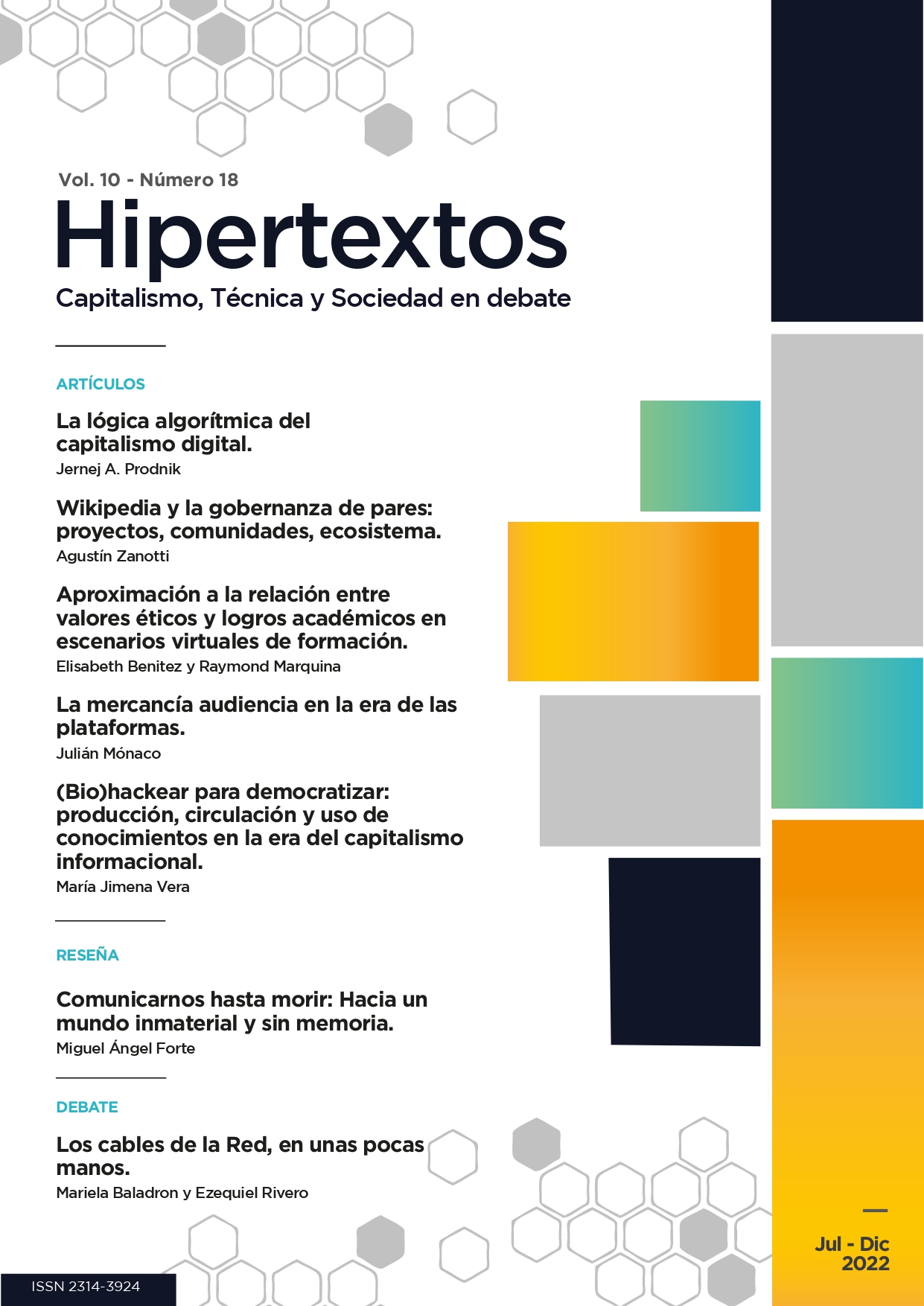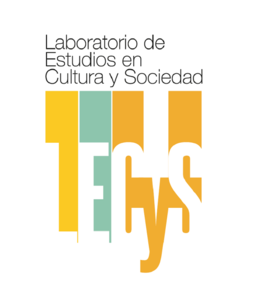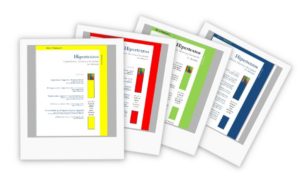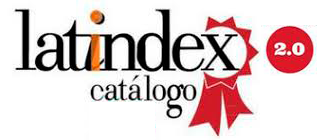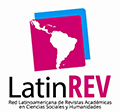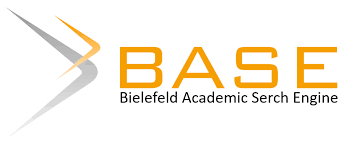(Bio)hacking para democratizar
Produção, circulação e uso do conhecimento na era do capitalismo informacional
DOI:
https://doi.org/10.24215/23143924e059Palavras-chave:
biohacking, DiYBio, acesso livre, conhecimento, ciencia abertaResumo
Nos últimos vinte anos desenvolveu-se um movimento de (Bio)hacking, observando várias práticas e formas: em alguns países mais definidos e comunitários, e em outros mais desagregados e individualistas. Esse fenômeno, inserido em um contexto de capitalismo informacional e cognitivo, nasce da cultura maker e é herdeiro dos valores do movimento hacker, acesso aberto e software livre. Este artigo pretende realizar um percurso bibliográfico que permita dar conta da sua origem e relação com os valores tradicionalmente associados à comunidade científica juntamente com outros movimentos culturais para, posteriormente, analisar a relação entre a produção de conhecimento em espaços de ciência aberta dedicados à biohacking e propriedade intelectual.
Downloads
Referências
Akrich, M. y Latour, B. (1992). A summary of a convenient vocabulary for the semiotics of human and nonhuman assemblies. En Bijker and Law (Eds.), Shaping Technology/Building Society Studies in Sociotecnical Change (pp. 259-264). The MIT Press.
Arza, V. y Fressoli, M. (2019). Prácticas de Ciencia Abierta: Instrumento para su análisis ilustrado con información de proyectos científicos argentinos. Redes, 25 (48), pp. 85-131.
Bauwens, M. (2014). La economía política de la producción entre iguales. Hipertextos, 1 (2).
Boeva, Y. y Troxler, P. (2021). Makers. En: M. O’Neil, C. Pentzold y S. Toupin (Eds.), The Handbook of Peer Production (pp. 225-237). Malden, MA: Wiley-Blackwell.
Boutang, Y. (2014). Capitalismo Cognitivo. Explotación de Segundo grado. Hipertextos, 3(2), pp. 15-22.
Castells, M (1996). The Net and The Self, Working Notes for a Critical Theory of The Informational Society. Critique of Anthropoly, 16(1).
Coleman, G. (2014). Hackers. En M. L. Ryan, L. Emerson y B. Robertson (Eds.), Johns Hopkins Guide to Digital Textuality. Baltimore, MD: Johns Hopkins University Press.
David, P. (2003). The economic logic of ‘open science’ and the balance between private property rights and the public domain in scientific data and information: A primer, Stanford Institute for Economic Policy Research, discussion paper.
Delfanti, A. (2013). Biohackers. The politics of open science. Londres: Pluto Press.
De Luca, F. y Lo Bosco, M. (2020) “Do (Ir) Yourself: Práticas, Desafios e Éticas do Biohacking” En A. Barbosa e I. Femandes, Entrecruzares Bioéticos. Lisboa: Faculdade de Medicina da Universidade de Lisboa.
De Beer, J. y Jain, V. (2018). Inclusive Innovation in Biohacker Spaces: The Role of Systems and Networks. Technology Innovation Management Review, 8 (2), 27-37. http://doi.org/10.22215/timreview/1137.
Knorr-Cetina, K. (1996). ¿Comunidades científicas o arenas transepistémicas de investigación? Una crítica de los modelos cuasi-económicos de la ciencia. Redes, 7(3), 129-160. http://ridaa.unq.edu.ar/handle/20.500.11807/671
Himanen, P. (2001). La ética del hacker y el espíritu de la era de la información. Buenos Aires: Editorial Destino.
Isoglio, A. (2021). Traducción de conocimientos del software libre y de código abierto en las obras culturales. Encuentros, 19 (1) , 100-121. https://doi.org/10.15665/encuen.v19i01.2489
Jasanoff, S. (2004). Ordering Knowledge, Ordering Society. En, States of Knowledge: The Coproduction of Science and Social Order (pp. 13–45). London: Routledge.
Levi, S. (2010) Hackers. Heroes of the computer Revolution. USA: O’Really.
Liaudat, S, Terlizzi, M.S. y Zukerfeld, M. (2020). Piratas, virus y periferia: la apropiación impaga de conocimientos en el capitalismo, del PLACTS a la COVID19. Argumentos. Revista de Crítica Social, 22, 40-81.
Lindtner, S., Hertz, Garnet D. y Dourish, P. (2014). Emerging sites of hci innovation: hackerspaces, hardware startups & incubators. Proceedings of the sigchi conference on human factors in computing systems, 439–448. https://doi.org/10.1145/2556288.2557132
Maxigas, P. (2012). Hacklabs and hackerspaces: Tracing two genealogies. Journal of Peer Production, 2. http://peerproduction.net/issues/issue-2/peer-reviewed-papers/hacklabs-and-hackerspaces/
Merton, R. (1984). Ciencia, tecnología y sociedad en la Inglaterra del siglo XVII. Madrid: Alianza.
Meyer, M. y Vergnaud, F.(2020). The rise of biohacking: Tracing the emergence and evolution of DIY biology through online discussions. Technological Forecasting and Social Change, 160, 120206. https://doi.org/10.1016/j.techfore.2020.120206.
Patterson, M. (2015). A Biopunk Manifesto [en línea]. http://maradydd.livejournal.com/496085.html
Sánchez, G. A. (2014). We are Biohackers: Exploring the Collective Identity of the DIYbio Movement. Master of Science Thesis. Delft University of Technology.
Stallman, R. (2002). Free software, free Society. Cambridge. https://www.gnu.org/philosophy/fsfs/rms-essays.pdf
Suber, P. (2015). Acceso Abierto. México, D.F.: Universidad Autónoma del Estado de México.
von Hippel, E. (2005). Democratizing Innovation. Cambridge, MA: MIT Press.
von Hippel, E. (2016). Free Innovation. Cambridge, MA: MIT Press.
Wark, M. (1986). Un manifiesto hacker. Alpha Decay.
Wohlsen, M. (2011). Biopunk. DIY Scientists Hack the Software of Life. USA: Current, Penguin Group.
Zukerfeld, M. (2008). Propiedad Intelectual y Capitalismo Cognitivo. Breve historia de un matrimonio forzoso. XXI Jornadas de Historia Económica. http://xxijhe.fahce.unlp.edu.ar/programa/descargables/zukerfeld.pdf
Zukerfeld, M. (2010). Más allá de la propiedad intelectual. Los conocimientos doblemente libres, la apropiación incluyente y la computación en la nube. En de Capitalismo y Conocimiento: Materialismo Cognitivo, Propiedad Intelectual y Capitalismo Informacional, Tesis Doctoral, FLACSO, 2011.
Zukerfeld, M. (2012). Discutiendo la regulación del acceso a la cultura: Una sistematización de los argumentos críticos de la Propiedad Intelectual. En S. Lago Martínez (Comp.), Ciberespacio y Resistencias. Exploraciones en la cultura digital. Buenos Aires: Hekht.
Zukerfeld, M. (2017). Knowledge in the Age of Digital Capitalism. Londres: University of Westminster Press.
Downloads
Publicado
Como Citar
Edição
Seção
Licença

Este trabalho está licenciado sob uma licença Creative Commons Attribution-NonCommercial-NoDerivatives 4.0 International License.

